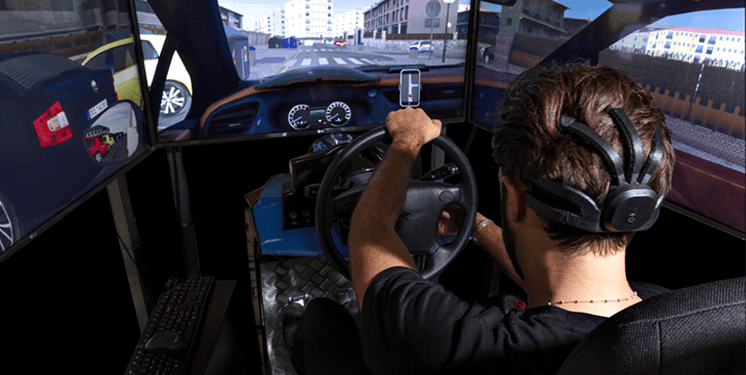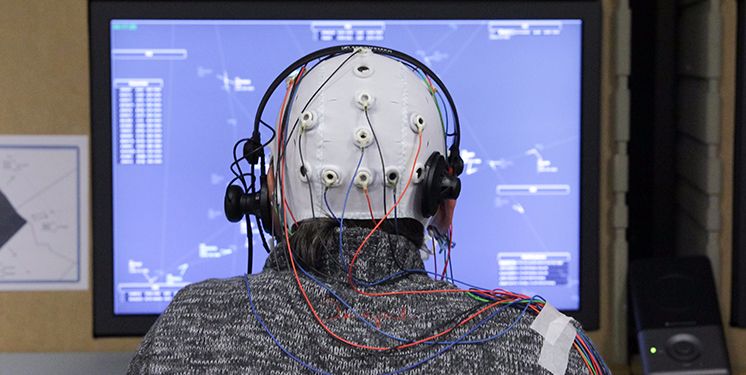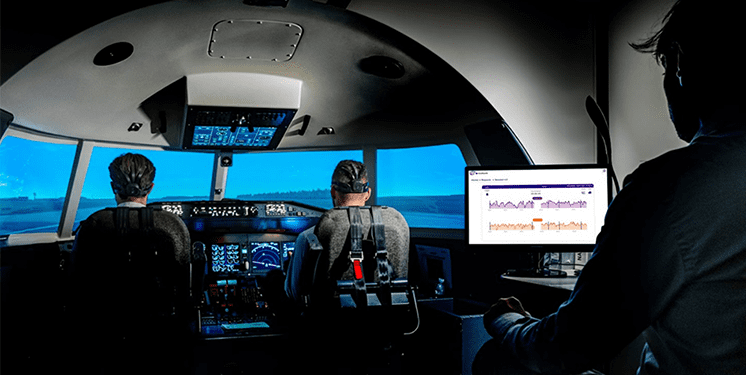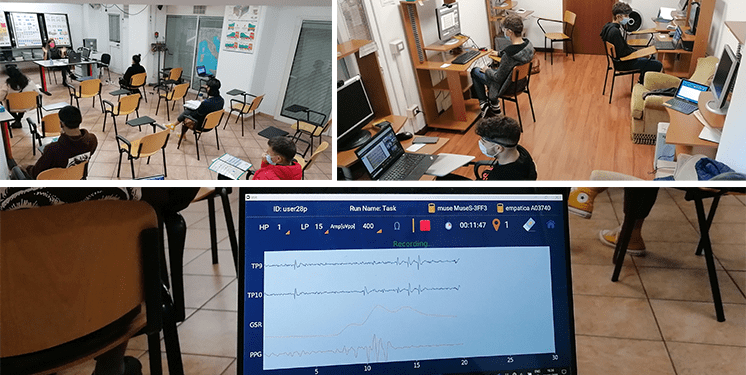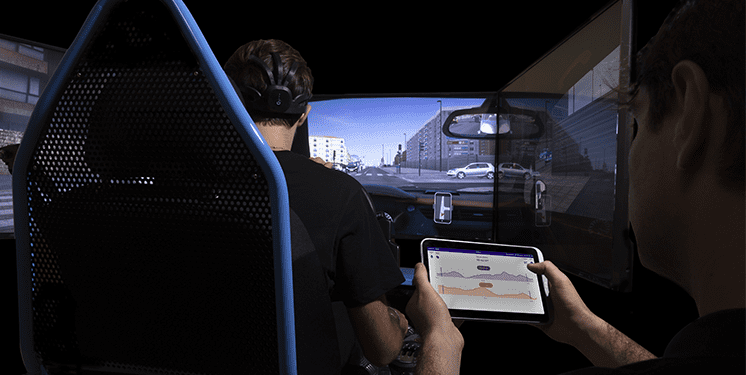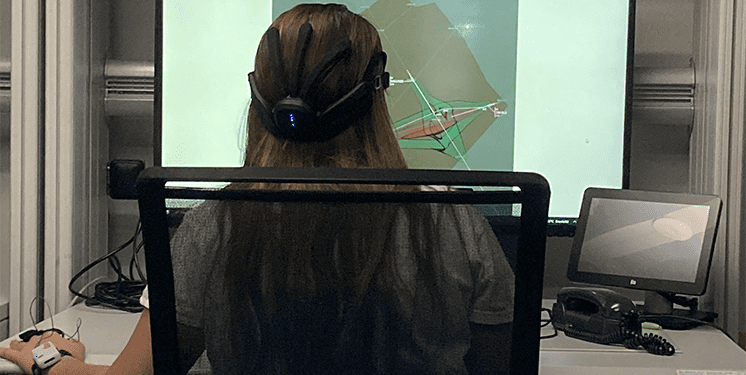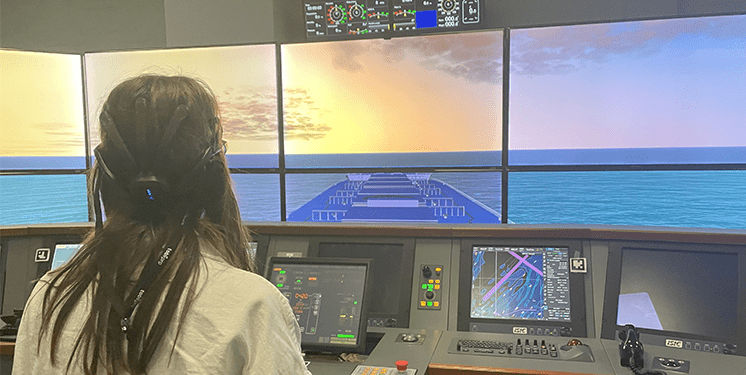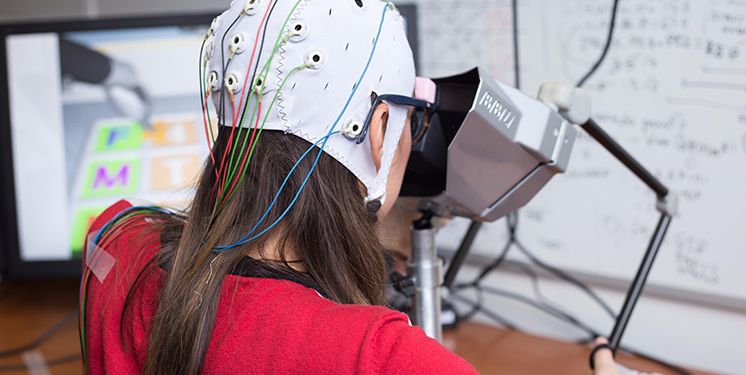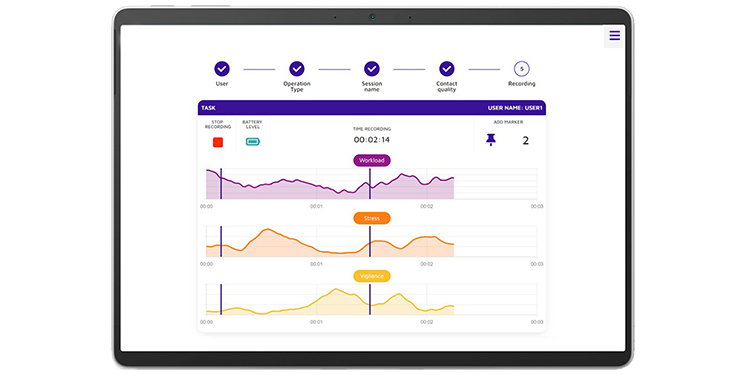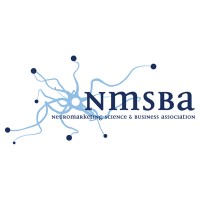What does Neurophysiological Assessment of Human Factors mean?
Assessing the internal psychological states of individuals while they are engaged in various tasks has long been recognized as a crucial factor in ensuring operational success. There is extensive awareness of the impact of Human Factors in critical safety environments, such as aviation and surgery, and numerous training programs are in place to develop related skills and foster effective management of these factors. Advances in psychology and neuroscience have opened new possibilities for directly inferring psychological internal states, such as attention, stress, cognitive workload and fatigue, through bio-signals from the body, particularly from the brain.
This research has been a focal point for the BrainSigns team, which has been involved in numerous EU-funded projects on this topic. Through these initiatives, BrainSigns has developed cost-effective methods for collecting and processing bio-signals, created algorithms that translate these signals into neurometrics (indexes of psychological internal states) and designed Mindtooth, a new wearable EEG device tailored for use in dynamic environments that require wearability.
With this "Advanced Innovation Kit," BrainSigns is equipped to support companies interested in developing innovations in their products or internal procedures, with a focus on Human Factors assessments. Sectors that could benefit from this approach include:
- Transport: Aviation, Maritime, Road Transport
- Air traffic management
- Education
- Defence
- Teamwork
Applications where this technology can accelerate innovation processes include:
- Safety: Reducing risk by monitoring internal states like distraction, stress and fatigue
- Human-Machine Interaction: Enhancing ergonomics and process effectiveness, particularly by incorporating humans into the loop, such as in simulators, games and training environments
- Training Efficiency: Employing emotional and cognitive indices to evaluate the success of training programs or customize them to individual attitudes or disabilities.
- Human psychological performance assessment
- Brain-computer interface.
BrainSigns, endorsed by Sapienza University of Rome and supervised by Professor Fabio Babiloni and his research group, maintains strong academic links. This connection ensures that the company’s methods and procedures adhere to the highest standards of excellence, grounded in internationally recognized, cutting-edge research (link to papers).
Our interdisciplinary team, which includes marketing experts, bioengineers and psychologists, serves clients across various sectors. We offer comprehensive services tailored to your needs, including scientific reviews, case study analyses, experimental protocol design, physiological signal analysis and detailed reporting.
To extract neuro-index values from bio-signals during Human Factors evaluations, BrainSigns:
- Employs advanced, proven algorithms to clean signals and calculate neurometrics using signal processing and AI
- Designs the appropriate experimental protocols and selects the most suitable tools for each application
- When requested, BrainSigns can provide the Mindtooth system, with integrated apps that calculate real-time neurometrics tailored to specific applications.
Photo Gallery:


